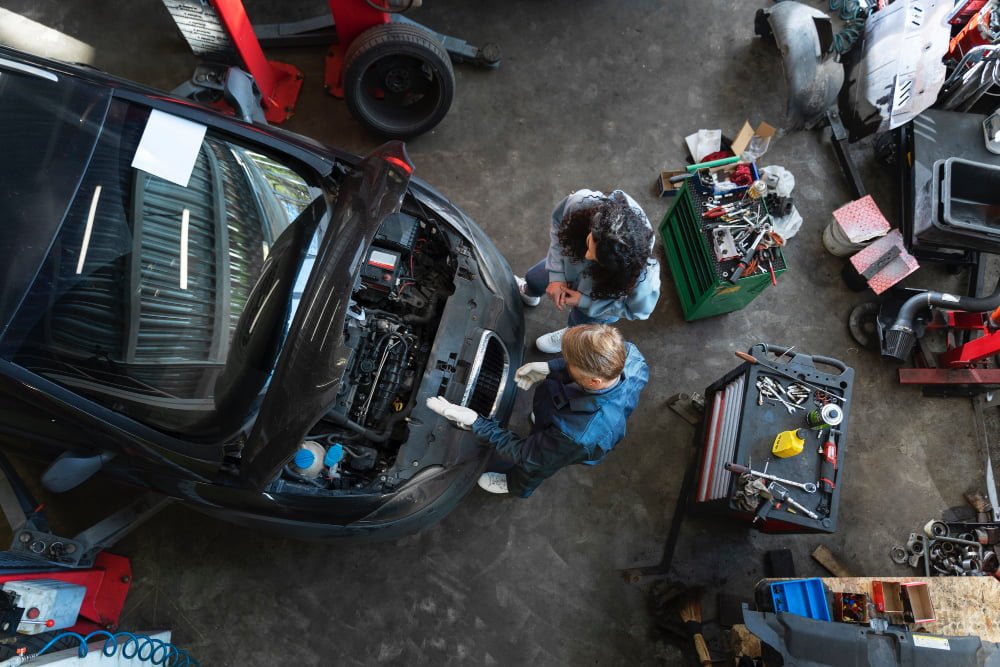Written by semcarbrisbane.com
23 April 2024
Maintaining your car is not just about keeping it running smoothly—it’s also about extending its life and ensuring it’s safe to drive. Whether you drive a brand-new model or a trusted older vehicle, regular maintenance is key to avoiding costly repairs and maximizing your car’s performance. Here are five essential maintenance tips that every car owner should follow.
Whether you drive a brand-new model or a trusted older vehicle, regular maintenance is key to avoiding costly repairs and maximizing your car’s performance.
1. Regular Oil Changes
One of the simplest yet most crucial maintenance tasks is changing the engine oil. Oil lubricates, cools, and cleans the engine, but over time, it breaks down and becomes less effective. Failing to change the oil can lead to engine damage, which can be extremely costly to repair. For most vehicles, it is recommended to change the oil every 5,000 to 7,500 miles, but always check your owner’s manual for specific recommendations.
2. Check Tire Pressure and Tread Depth
Tires are your vehicle’s only contact with the road, making their maintenance critical for safety and performance. Incorrect tire pressure can lead to uneven wear, reducing the lifespan of your tires and potentially causing handling problems. Check your tire pressure monthly, including the spare, and adjust it according to the manufacturer’s specifications. Additionally, regularly check your tires for wear and tear. The penny test is a simple way to check tread depth: place a penny into the tread with Lincoln’s head down; if you can see the top of Lincoln’s head, it’s time for new tires.
3. Regular Brake Checks
Brakes are obviously critical for safety, and neglecting them can lead to dangerous situations. Listen for any brake noise and pay attention to any change in braking performance. Have your brakes inspected by a professional at least once a year—more often if you frequently drive in heavy traffic or harsh conditions. This includes checking the brake pads, rotors, and brake fluid.
4. Maintain Fluid Levels
Besides engine oil, several other fluids should be regularly checked and changed to ensure your vehicle runs correctly. These include transmission fluid, coolant, brake fluid, power steering fluid, and windshield washer fluid. Leaks or drops in fluid levels can lead to poor performance and even engine damage.
5. Regular Battery Checks
The battery is the heart of your car’s electrical system. Extreme temperatures, irregular use, and time can degrade your car’s battery. Ensure that your battery’s connections are tight, clean, and free of corrosion. If your car starts slowly, or if your battery is more than three years old, it might be time for a test or a replacement.
“
Regular maintenance is the best way to ensure your vehicle remains reliable, safe, and efficient. Incorporating these simple tips into your routine can help you avoid the inconvenience and expense of major repairs. At SemCar Automotive, we offer comprehensive mobile mechanic services to handle all these needs right at your doorstep. Contact us today to schedule a service that fits into your busy life, ensuring your vehicle continues to serve you well without any hitches.




